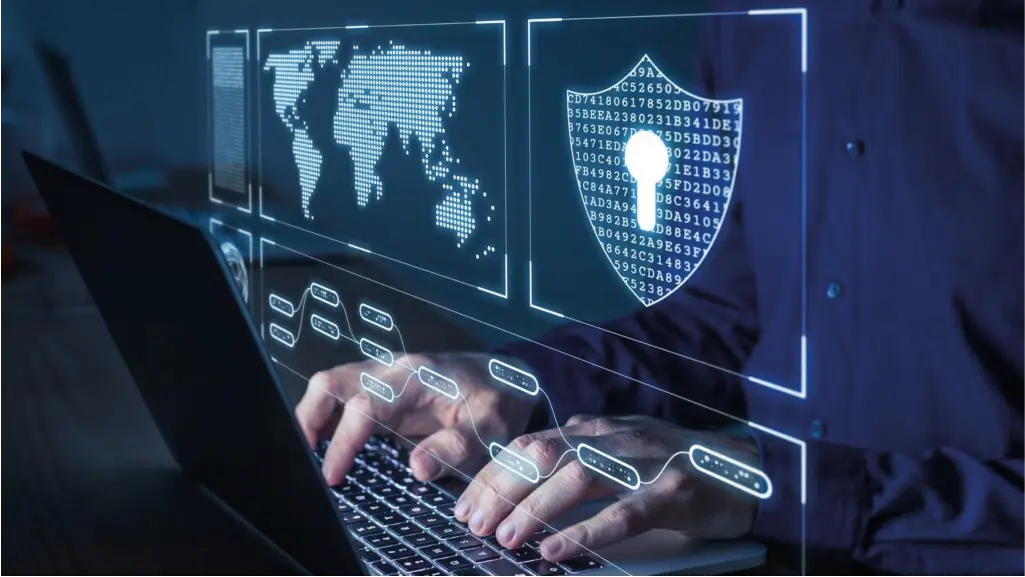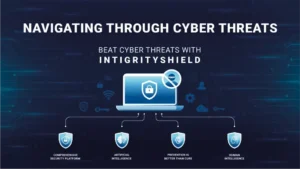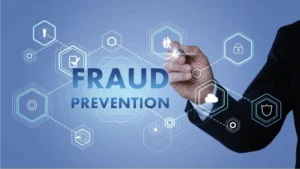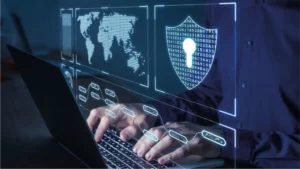Understanding Cybersecurity
Cybersecurity is the implementation of various technologies and controls to safeguard your system infrastructure from cyber attacks. With increasing dependence on cloud-based systems and network transactions, your digital assets lay at the risk of cyber attacks.
From digital black markets to illegal activities, your sensitive data can be leaked, stolen, and misused. Hence, cybersecurity practices are an absolute necessity.
The Need for Cybersecurity
Cybersecurity is essential not only for large corporations and MNCs but also for small businesses and individuals. Protecting your system is crucial as most data are stored in digital spaces. Let us look at the cyber security best practices for corporations, small businesses, and individuals.
9 Best Cybersecurity Practices
Below is the list of 9 best cybersecurity practices categorized according to the user type:
Cybersecurity Best Practices for Employees
Employees can ward off threats before the attacks can even damage your infrastructure. Check the below cybersecurity practices to consolidate the security of your system:
- Get Aware About Phishing Attack
Employees form the first line of defence against cyber threats. Social engineering and all cyber attacks are initiated through human mistakes. As an employee, it is best to educate yourself about modes, tactics, and tricks of hackers.
- Use Strong Passwords
Your login ID is a soft target of the hackers. Ensure, you do not set easy passwords that can be easily guessed or hacked. Make it as complex as possible to avoid hacking. Every password in your office infrastructure should be different and hard to guess.
- Verify Email Source
Phishing occurs through emails in corporations as it is the most used communication mode. Posing as a legitimate source, attackers can trick you into clicking on emails designed for initiating cyber attacks. Hence, always verify the email source.
Cybersecurity Best Practices for Small Businesses
Small businesses and start-ups are soft targets for cybercriminals. Here’s how you can strengthen your security.
- Cybersecurity Awareness and Training
Robust cybersecurity training can strengthen your organization’s security posture. Your workers are the first barrier attackers break down to initiate cyber attacks. Empowering employees with skills and knowledge to detect cyber threats is a game changer.
- Multi-factor Authentication
Passwords and login IDs are the most convenient hacking routes for attackers. No matter what, your passwords can either be guessed or hacked. Hence, multi-factor authentication adds a layer of security to your systems. An additional layer of security strengthens the system’s vulnerabilities enough to protect data breaches.
- Risk Assessment
Whether it is a Penetration testing or Vulnerability Assessment, risk assessments are a must for ensuring security. Prevention is better than cure. If you know about the weak points in your system, you can mend them to prevent future cyber attacks. It ensures safety before damage and saves money and data loss.
Cybersecurity Best Practices for Individuals
Your personal computer requires cybersecurity as much as business organizations require, learn about the following cybersecurity practices that you can implement to ensure security:
- Update Your Software
Do you know why you get notifications about software updates? It is because software companies are constantly monitoring weak and vulnerable points that can attract hackers. Hence, updating your software is the easiest way to enhance and maintain cybersecurity.
- Deploy Anti-virus
Anti-virus software works by deleting codes that can initiate malware attacks, keeping your personal computer safe. But cyber threats are now evolving and setting diverse targets. Hence, it is crucial to deploy Anti-virus software and update them to stay safe with evolving cyber threats.
- Use Secure Network
There are many ways of securing a network by using a Virtual Private Network that encrypts information to and from your device, shielding data from attackers. Wi-Fi is another easy route for hackers, so securing your Wi-Fi is important. You can also use a Firewall that acts as a physical barrier blocking attacks.
Conclusion
According to reports from Cybersecurity Ventures, cybercrime will cost the world a whopping $9.5 trillion by 2024. This highlights the necessity of advanced cybersecurity practices and technologies to help the digital assets of individuals, small and large businesses.






